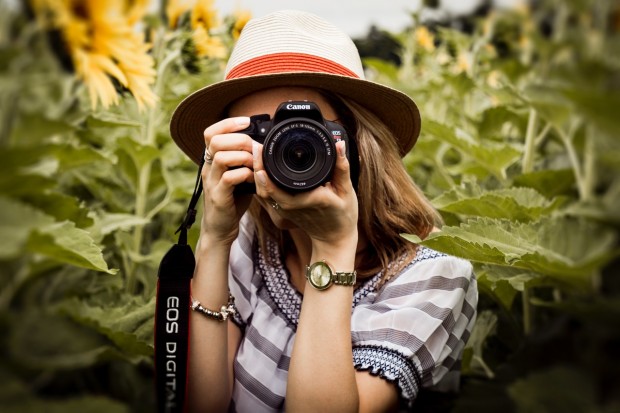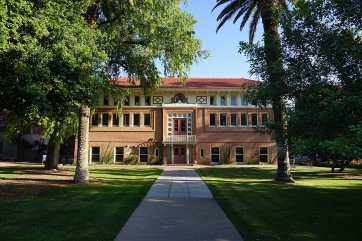Photo : Learning Photography is Good for the Brain and Memory
We have always known it: photography is good for the morale, the artistic fiber, the heart, the legs, the social relations. A study conducted by a team from the University of Texas at Dallas tends to prove that the regular practice of photography helps to preserve and even develop memory.
This study is part of the larger Synapse Project, initiated by the University of Texas at Dallas, "designed to test the highly controversial theory that you can keep your mind healthy in old age by leading an active lifestyle, based on the 'use it or lose it' principle."
It is carried out on 221 volunteers who all have in common that they are between 60 and 90 years of age and are completely new to the activities on offer. All were subjected to 15 hours of weekly practice for three months. Dr. Denis Park, who is leading the study, is pleased that "one of the main differences with our study [...] is that we didn't ask people to participate in a specialized brain training program aimed solely at improving their mental abilities," but that each participant was driven by a real desire to change their lifestyle and discover new things.
Participants are divided into six groups. The first group learned digital photography, forcing them to memorize very specific instructions, learn how to use the AFN and photo editing software.
The second group learned computer-controlled sewing. A third group learned photography and sewing. The fourth and fifth groups did nothing intellectually demanding or extraordinary: crossword puzzles, card games, trips to museums, etc. The fourth and fifth groups did nothing intellectually demanding or extraordinary: crossword puzzles, card games, trips to museums, etc. The fifth and sixth groups did nothing intellectually demanding or extraordinary. The last group, finally, did absolutely nothing for three months.
Unsurprisingly, Group 6 stagnated. The other five groups saw their memory capacity improve. Very slightly for those who had practiced a "not very stimulating" activity, and very significantly for those who had taken sewing or photography courses. This leads Dr. Park to state that "it is not enough to just go out and keep busy, it is important to go out and do something unknown and mentally stimulating". Despite these encouraging initial results, the academic moderates his remarks by specifying that it will be necessary to follow the volunteers for a few more years to confirm the first hot analysis.
* This is a contributed article and this content does not necessarily represent the views of universityherald.com









